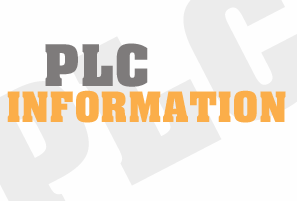If you’re considering enrolling in a Post-Leaving Certificate (PLC) course, you may qualify for a maintenance grant to help with living expenses. However, fee grants are not available for PLC courses.
What Are the Approved PLC Courses?
The list of approved PLC courses is determined by SOLAS, the Further Education & Training Authority (www.solas.ie). To be eligible, a PLC course must meet the following criteria:
✔ Offered by one of 170+ PLC centres in Ireland
✔ Full-time and at least one year in duration
✔ Leads to a major education and training award at Level 5 or Level 6 on the National Framework of Qualifications (NFQ.ie) or an equivalent certification
For more details on eligibility and available courses, visit the official SOLAS website.
Maintenance grants
A maintenance grant is a contribution towards the student’s living costs. Applications for maintenance grants are made through SUSI, Ireland’s national student grant scheme. Visit their website for full eligibility details, application deadlines, and guidance on how to apply.
Qualifying for a student grant
To qualify for a student grant, you must fulfil the conditions of the scheme as regards:
- Nationality condition
- Residence condition
- Means test
- Approved course of study: you must be attending an approved course of study
- Progression: you must be progressing from your previous level of study
- Maximum period of grant assistance
For further information on financial assistance visit Susi.ie, Ireland’s national awarding authority for further and higher education grants.

